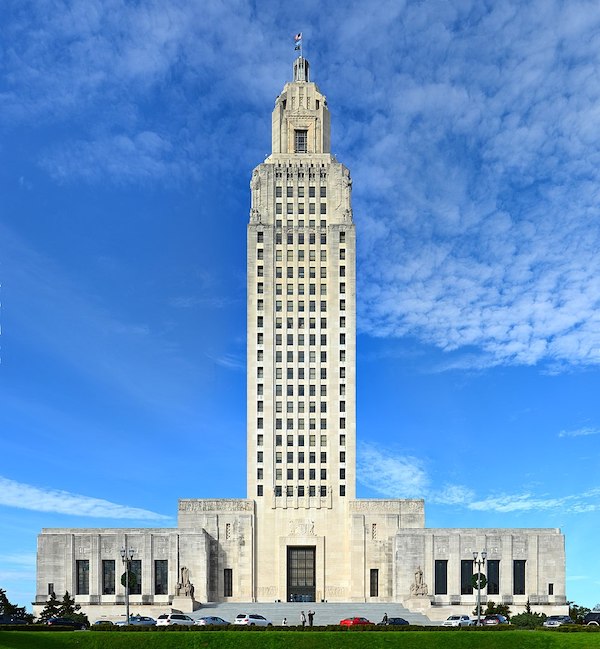
Cajun Farmers Market asset to Houma’s economy; city looking to expand to downtown
March 30, 2010April 4: Horseshow (Houma)
April 1, 2010The State Bond Commission is making high-dollar moves, some of which could help Terrebonne Parish update critical infrastructure components. However, those improvements – if approved – would come at a price some residents aren’t happy about paying.
Among the commission’s multiple million-dollar projects, $15 million in funding was approved for sewer system improvements throughout the parish.
Officials said it’s not certain where those improvements would take place. However, building a new north treatment facility in lieu of the current south treatment facility is a strong possibility.
Documents show T. Baker Smith conducted an analysis of Terrebonne’s sewer system, which determined the proposed rate changes would allow the parish to construct the facility and properly pay back any borrowed money.
However, the ordinance, which could require some bill payers to dish out nearly $4 extra per month, was derailed last week during a routine council meeting when members voted to send the initiative back to committee.
“The $4 increase is based on average usage. It’s not a lump sum that’s going to be added to the bill,” explained Terrebonne Parish manager Al Levron. “Those who use less water would pay less.”
Currently, bills are broken down into two elements: a fixed rate of $7 per month, plus $1.81 per 1,000 gallons of water used a month. If the new rates are ushered in, the fixed rate would remain the same, but the usage fee would climb to $2.10 per 1,000 gallons of water, plus an energy cost charge of $.50 per 1,000 gallons.
The average citizen consumes about 5,620 gallons of water per month with a bill totaling a little more than $17, said Levron. Based on the average numbers, that bill would climb to more than $21 given the new rates.
However, in order to be approved, the measure would have to be presented to the council again after being reworked.
The money comes as an aide to Terrebonne’s outdated and heavily burdened sewerage system, as all septage collected in the parish is processed through the south plant’s 240-acre oxidation pond.
Most facilities in the area also have parts that are around 20 years old. “Pumps, moving parts, everything deteriorates over time,” warned Arthur DeFraites of GSE, a Houma-based engineering firm.
Although gradually introducing the rate increase to consumers is an option, it could make funding an issue, as the parish has lost about $1 million per year in sewer-related revenues over the past two years.
Either way, there is a great need for funding.
“It all has to be paid back,” said Jamie Elfert, chief financial officer of Terrebonne’s finance department.
To help cover the costs up front, “We’ve applied through the [Environmental Protection Agency] for a low-interest loan for $15 million,” she added.
The Louisiana Department of Environmental Quality would provide the money with a .95 percent interest rate and 20-year pay back period, according to official documents.
“This is like free money,” said Terrebonne Parish President Michel Claudet at last week’s parish council meeting. “We just borrow it and pay it back.”
An opportunity like that rarely comes along, he noted.
But rate adjustments “…are needed to help pay the money back and continue the services [the parish] is providing,” Elfert explained.
And for most, that notion isn’t easy to stomach.
“I’ve been against this from the beginning,” claimed Teri Cavalier, a representative from Gray.
“I think we can find the money elsewhere and explore other avenues of funding,” she added. “People in my district are unhappy about the issue.”
Cavalier also said she had received several e-mails and calls from residents urging her to vote against the rate increase. While improvements have to be made, most people feel the parish should be held responsible for the funding, instead of putting it on the backs of the people, she added.
More than $170 million in funding was approved by the bond commission after it’s meeting March 18.
“We approved several GO Zone projects across the state totaling more than $236 million,” said State Treasurer John Kennedy in a news release. “We also took the necessary steps to move forward with a $600 million refinancing of general obligation bonds. A drop in interest rates will enable us to potentially save $40 million for taxpayers.”










